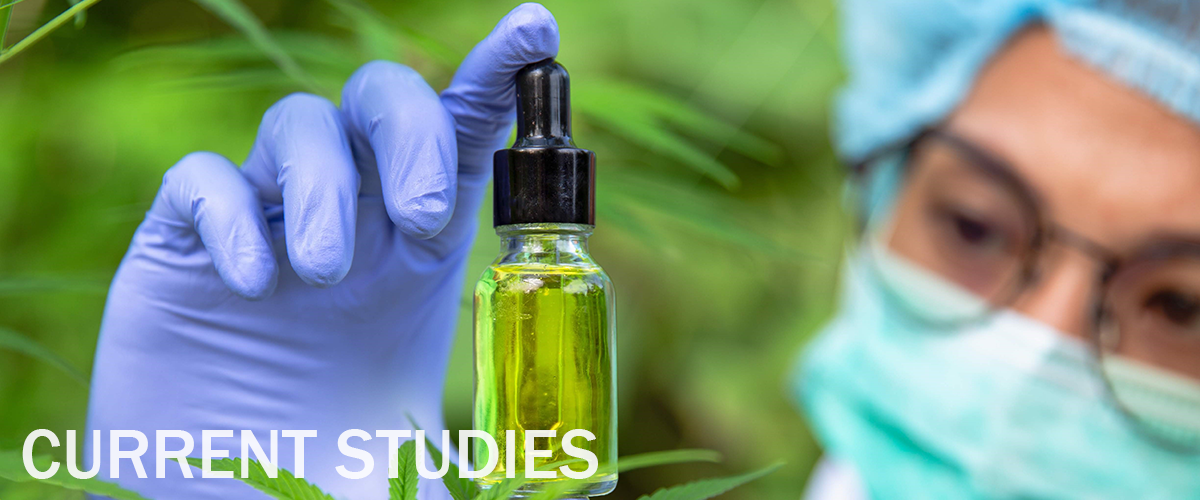INVESTIGATOR: Jeremy Pettus, MD
STUDY LOCATION: University of California, San Diego
PROJECT TITLE: The Effects of THC on Glucose Metabolism and Endothelial Function in Subjects with Type 2 Diabetes
FUNDING SOURCE: Center for Medicinal Cannabis Research
PROJECT TYPE: Clinical Study
STATUS: Active
ABSTRACT:
Delta-9 tetrahydrocannabinol (THC) use is becoming increasingly common amongst patients with type 2 diabetes (T2D). Indeed, a recent national survey showed a dramatic 340% rise in cannabis use among individuals with T2D. In parallel, the incidence of T2D is increasing at an alarming rate. However, data regarding THC use in T2D are frequently contradictory. For example, epidemiologic data suggest an inverse cannabis-T2D association, however animal studies suggest cannabis increases hyperphagia, obesity, and insulin resistance. Additionally, data on how cannabis affects cardiovascular disease risk is limited with studies either finding a protective or deleterious effect on inflammation, endothelial function (EF), and other markers of CVD risk. Thus, how THC affects glucose metabolism and CVD risk in T2D is not known. We seek to address this gap in knowledge by conducting the first prospective, randomized, placebo-controlled, clinical trial comparing cannabis whole plant material (4% THC) versus placebo cannabis (THC extracted) obtained from the NIDA Drug Supply Program in subjects with T2D.
This study will address two specific aims. Aim 1: Determine the effects of THC on glucose metabolism. We hypothesize that THC will improve insulin sensitivity measured as peripheral glucose disposal during an insulin clamp. Aim 2: Determine the effects of THC on inflammation and EF. We hypothesize that THC impairs EF via proinflammatory mediators. To test our hypothesis, 30 subjects with T2D will be randomized to either THC or placebo, administered twice daily via vaporization (Mighty Medic Vaporizer, Storz-Bickel, Tuttlingen, Germany). After 2 weeks of treatment, subjects will undergo a hyperinsulinemic-euglycemic clamp, OGTT, and indirect calorimetry to quantify insulin sensitivity, insulin secretion, glucose metabolism and energy expenditure respectively (Aim 1). Subjects will also undergo assessments to quantify micro- and macrovascular EF and inflammatory milieu as measured by reactive hyperemia peripheral arterial tonometry, flow mediated dilation, and peripheral blood inflammatory profile respectively. Patients will then crossover into the alternative treatment arm and all procedures will be repeated after 2 weeks. With both cannabis use and the prevalence of T2D rising, it is now a public health imperative to understand how THC affects metabolism and markers of CVD risk. The results of this study will help shape recommendations for THC use in patients with T2D.

